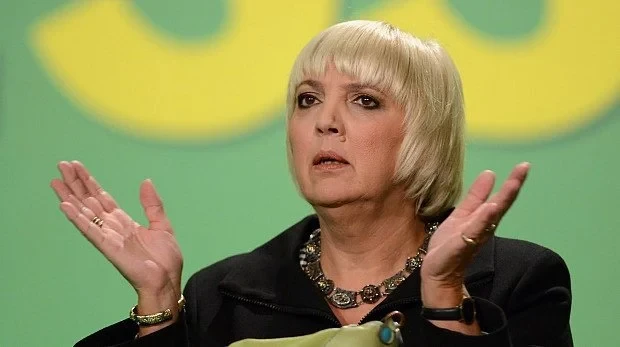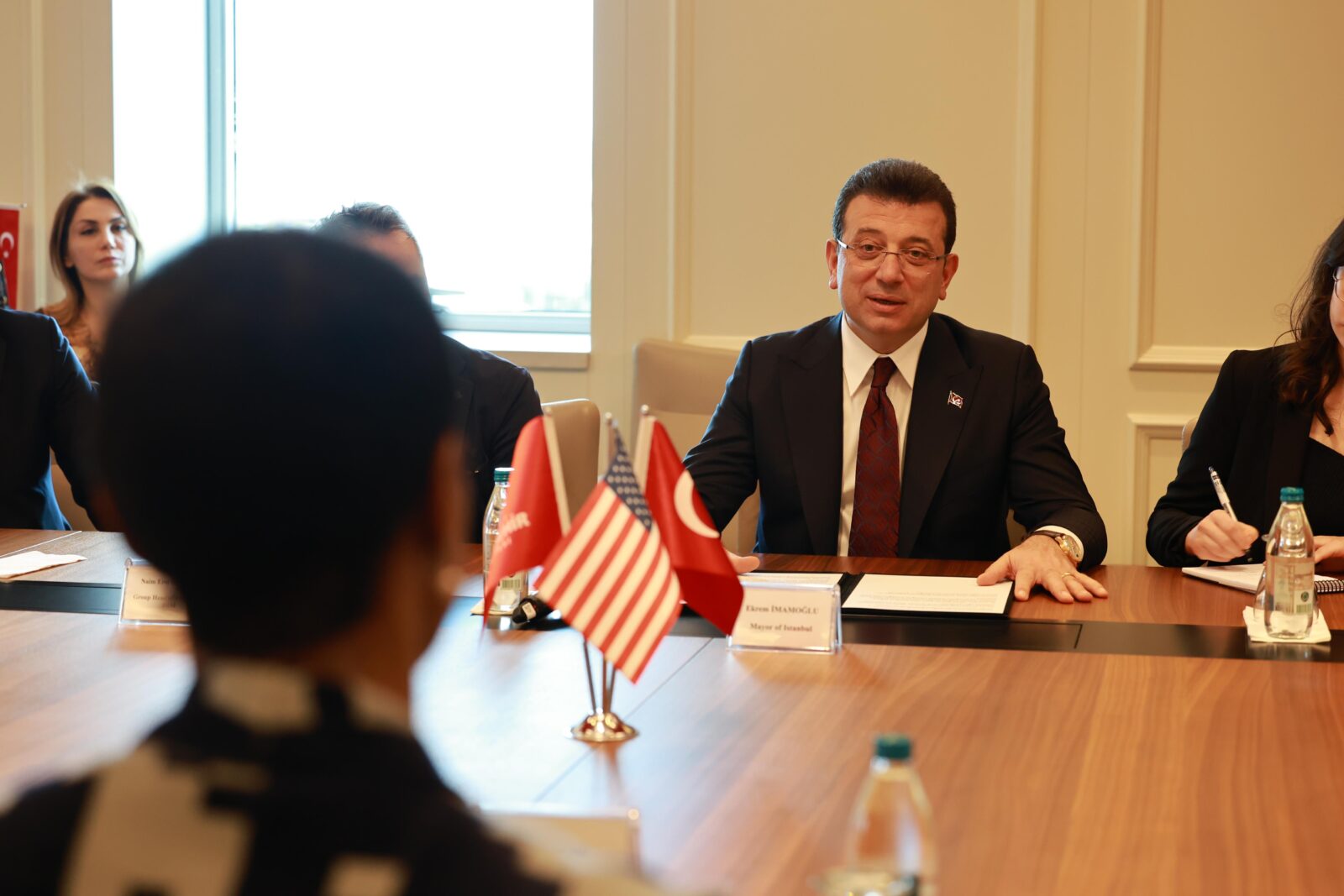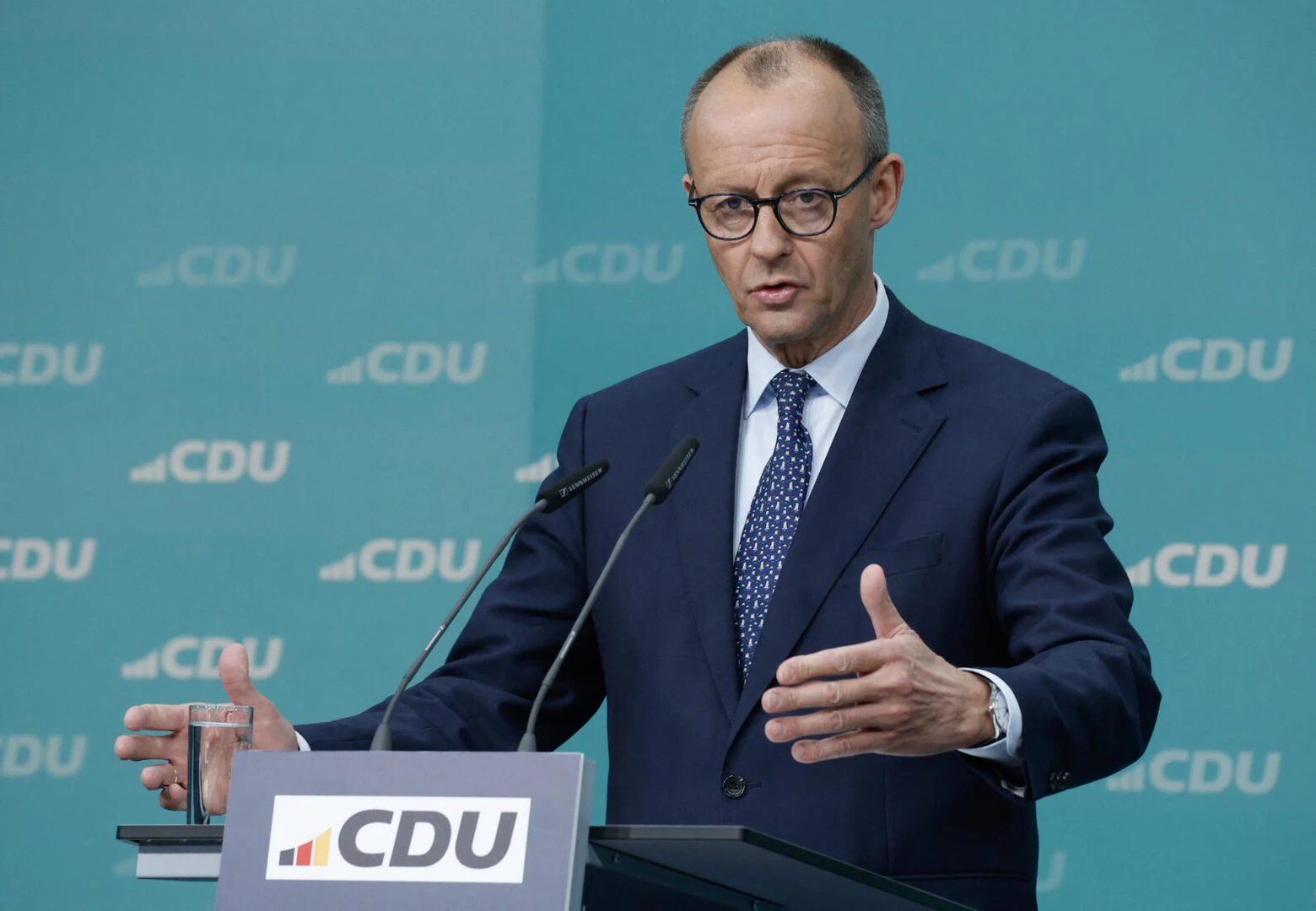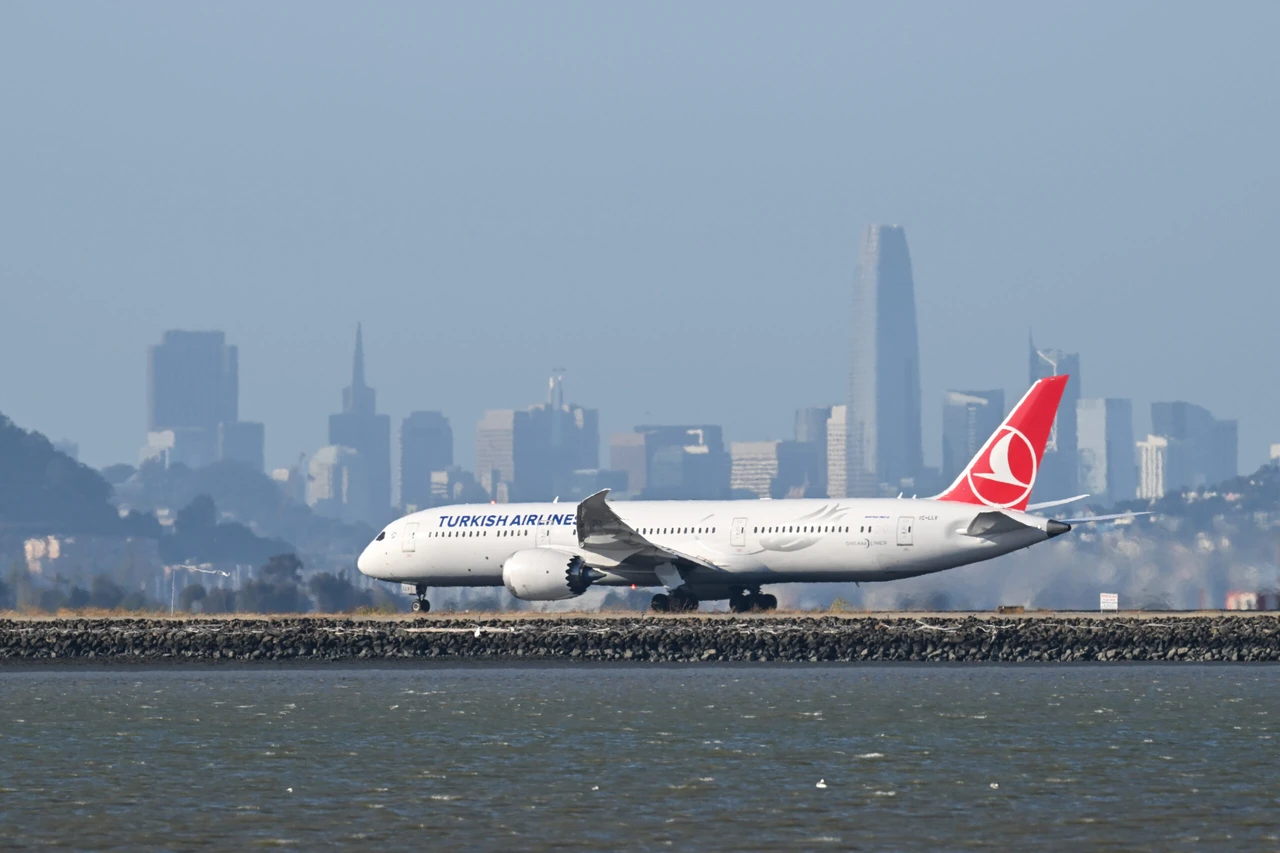EU sought to resume accession talks with Türkiye before March 19: Claudia Roth
 Germany’s outgoing federal minister for culture and media Cluadia Roth in April 2016. (Johannes Eisele/AFP Photo)
Germany’s outgoing federal minister for culture and media Cluadia Roth in April 2016. (Johannes Eisele/AFP Photo)
As Claudia Roth’s term as Germany’s federal minister for culture and media nears its end, she returned to Istanbul for one final visit, where she spoke to Turkish journalist Cansu Camlibel at T24 on recent issues, including former Mayor Ekrem Imamoglu’s arrest over corruption.
A prominent member of the German Greens for over four decades, Roth has been one of Europe’s most active politicians on EU-Türkiye relations.
Imamoglu was arrested on March 23 over corruption allegations. The accusations against the former mayor include the questionable acquisition of three villas in one of Istanbul’s prime locations by his family’s construction company, in which he holds a 60% stake.
According to official documents, a close business associate of Imamoglu purchased the villas on his behalf and transferred the property to Imamoglu’s company after three years at a low price.
Turning point: March 19
Claudia Roth describes the recent political developments in Türkiye, particularly the arrest of Imamoglu and mass disqualification of university degrees, as a seismic shift in European-Turkish relations.
“We were close to restarting EU accession talks with Türkiye,” she reveals, citing recent discussions with German Foreign Minister Annalena Baerbock. “But after March 19, that door has slammed shut. Under these conditions, the EU cannot shake hands with Erdogan and pretend nothing happened.”
Despite Roth’s statement, there was no indication or decleration of intention on whether or not EU was aimed at accession negotiations before Imamoglu’s arrest.
Roth emphasizes that the blame does not lie with Brussels this time. “This is not Europe’s fault. This is a consequence of decisions made by the Turkish government.”
In the interview, Roth did not touch upon the corruption allegations on Imamoglu.

Claudia Roth’s long history with Türkiye
Roth’s bond with Türkiye stretches back nearly 40 years. She first visited in 1986 to protest the destruction of sea turtle nesting grounds by hotel developers in Fethiye. “That trip changed me,” she recalls.
“A Turkish journalist later asked me, ‘You care about the turtles—but are you aware of what’s happening to journalists, artists, and the political opposition in this country?’ That stayed with me.”
Over the years, Roth evolved from an environmental activist to a committed advocate for human rights and democracy in Türkiye. She worked closely with country’s Kurdish political figures, criticized media censorship, and fought legal battles.
Roth expresses concern on latest peace process in Türkiye
In T24’s interview, Roth expressed concern over the last “peace process” in Türkiye.
She said, “This isn’t a peace process—it’s a strategy to divide the opposition,” she warns. “If this were genuine, political prisoners like Selahattin Demirtas and Ahmet Turk would be freed. Instead, Erdogan is using Ocalan’s influence to fragment support for the opposition.”
Despite her statement, Ahmet Turk is not imprisoned and plays an active role in the contacts between the Turkish government and Kurdish political and armed groups.
Roth also pointedly questions Ocalan’s past role in the Kurdish movement.
“Whenever pro-Kurdish parties were gaining traction, bizarre statements would suddenly come from Imrali Prison that didn’t help the cause of peace.”

Germany’s role—and its failures
Roth is critical of her own country’s historical relations with the Turkish government. “Germany, especially under Merkel, turned a blind eye because of the refugee deal. Europe said, ‘We need Türkiye to contain migrants, so let’s ignore what’s happening inside the country.’ That was a terrible mistake.”
She also calls on her successor, whoever it may be, to engage with the German-Turkish community, including many conservative advisors within the CDU. “The new Chancellor must ask them: What is really happening in Erdogan’s Türkiye?”



